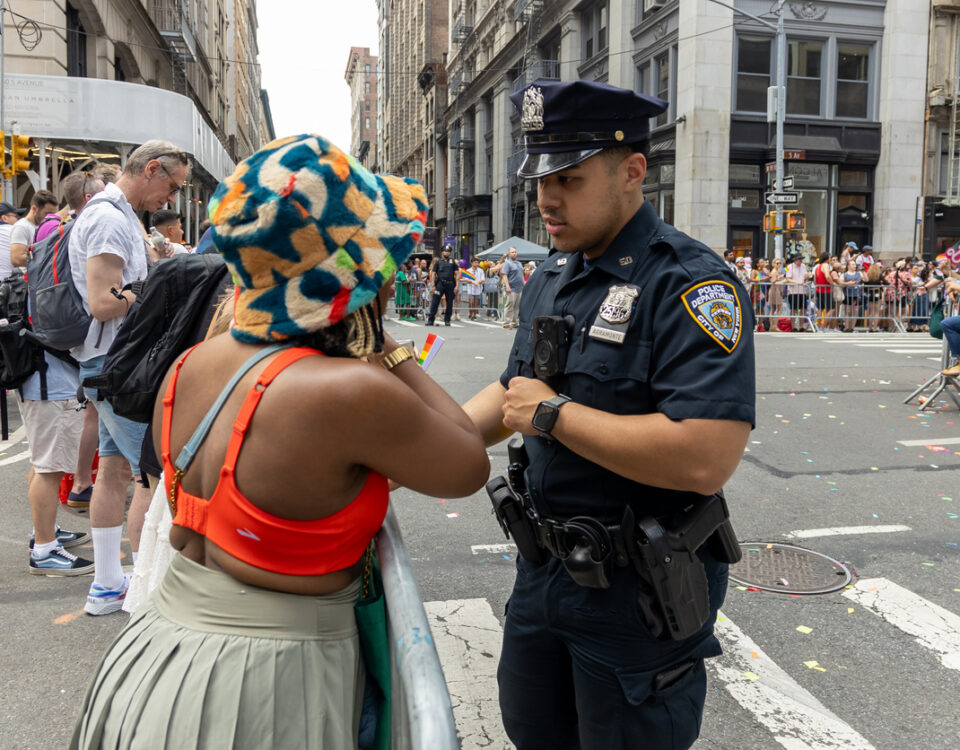Public Officials: Facebook Critic Management

Management Practices for Charter Schools
September 14, 2020
Social Media Best Practices for Public Officials
September 28, 2020Public Officials: Facebook Critic Management
One of the First Amendment’s primary purposes in our U.S. Constitution is to let people hold the government and its public officials accountable through freedom of expression. However, whether online or in-person, someone expressing their views on someone in government is protected by law. And as the country finds itself in the middle of yet another polarizing election season, First Amendment rights are more important than ever. According to a recent ruling from the U.S. Court of Appeals, politicians can’t block anyone from their public official social media accounts holding that they violate the First Amendment. From President Donald Trump’s social media accounts to local representatives wanting to keep their critics’ voices at bay, no matter the criticism, no matter the personal views of a private citizen, public officials are legally unable to block someone. Here is a closer look at how public officials can properly navigate critic management on public forums.
The Public
The Fourth Circuit Court of Appeals ruled in January 2019 that the interactive component of a public official’s Facebook page is, in fact, a public forum, so an official working for the government cannot block anyone from it because of differing opinions.
The case came after the chair of a local board of supervisors in Virginia briefly blocked a public critic from her public Facebook account and deleted a comment they made about her colleagues’ public funds management. A lawsuit was filed, arguing that the public official had violated the First Amendment from a public forum discussion because the official disagreed with their views. This same issue has involved President Trump, having been hit with First Amendment lawsuits for blocking critics on Twitter.
It’s important to remember that people who hold public office can act as public and private individuals. While they maintain their own First Amendment rights when acting as private individuals, they are subject to the limits the Amendment places on the government whenever they’re executing government work; this includes controlling a Facebook page they maintain in their official roles.
Specifically, the Court of Appeals recognized that when a public official uses a Facebook page as a governance tool, they are controlling the page as a government official. If the official opens that page to comments from the public, the Facebook page’s interactive space constitutes a public forum, and critic management cannot include blocking or silencing.
Violating the Constitution
When a public official blocks critics from the Facebook page because of their viewpoints, they violate the Constitution. Indeed, the right to criticize the government is the sole purpose of the First Amendment. The Appeals Court recognized that blocking as infringing on that right, noting that blocking someone to silence criticism of government work is evidence of official government action.
The Appeals Court is the first appellate court to comment on freedom of expression via social media use. Its order controls public officials and agencies in Virginia and nearby states and districts. Throughout the country, public officials have also stopped censoring critics on their other social media pages, such as Twitter and Instagram.
About PGUI
Professional Governmental Underwriters, Inc., is a full-service risk management company dedicated to assisting public, educational and non-profit entities in the management of their professional liability exposures including educators liability insurance. We are dedicated to providing state-of-the-art professional underwriting management and loss control advisory services on behalf of our designated carriers. For more information, call us toll-free at (800) 586-6502.


